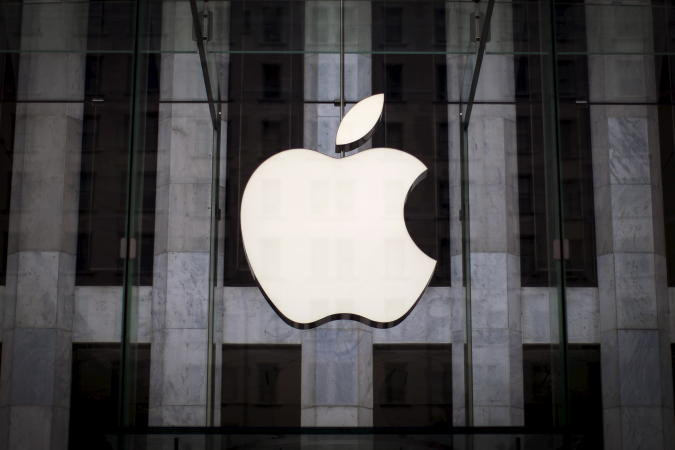Apple has sent shockwaves through the non-fungible space by implementing a 30% commission charge on all NFTs sold through apps on the ‘App Store’. The policy emulates the company’s infamous ‘App Tax’ (i.e., the 30% commission fee which is applied to all other in-app purchases from apps from the App Store), as well as the commission charge which Android has for NFT sales made through apps on its ‘Google Play’ store.
To put such fees into context, leading NFT marketplaces such as OpenSea, Magic Eden, and Rarible, take commission fees which range from 2-2.5%, meaning creators/sellers will be hit ten-times harder if they were to sell NFTs through apps from the App Store.
Now Apple is killing all NFT app businesses it can’t tax, crushing another nascent technology that could rival its grotesquely overpriced in-app payment service. Apple must be stopped. https://t.co/4KChp6jtFZ
— Tim Sweeney (@TimSweeneyEpic) September 23, 2022
Intuitively, such extortionate fees are forecast to discourage NFT projects, game/app developers, and any other web3-venturing entity- many of which being start-ups- from using such functionalities on the App Store. Alternatively, it may even prompt projects to pull their apps from the marketplace entirely, which is something Magic Eden has already done, despite Apple’s efforts to lure it back by offering a discounted 15% (although the Magic Eden app still appears on the App Store at the time of writing).
As expected, the NFT space hasn’t warmed to such news very well, with tech blogger Florian Mueller describing the ‘app tax’ as “abusive but consistent,” and Epic Games’ CEO Tim Sweeney calling it “crushing” and “grotesquely overpriced”. Here, the latter doesn’t come as much surprise, as Epic Games’ flagship game ‘Fortnite’ was pulled from the App Store back in August 2020 after the publisher attempted to sell in-game purchases through methods which circumvented Apple’s ‘App tax’.
In contrast, some industry figures are seeing the tech giant’s engagement in the non-fungible scene as something that will boost adoption on a global scale, with Gabriel Leydon, CEO of web3 game developer Limit Break, claiming that it “could put an ETH wallet in every single mobile game,” which would further help onboard over 1 billion users.
To rub even more centralized-salt into the wounds of iPhone-owning NFT enthusiasts, Apple is also yet to accept crypto as a means of payment, meaning any purchases to incur an ‘App Tax’ will have to be made through fiat.
 blockster.com
blockster.com
